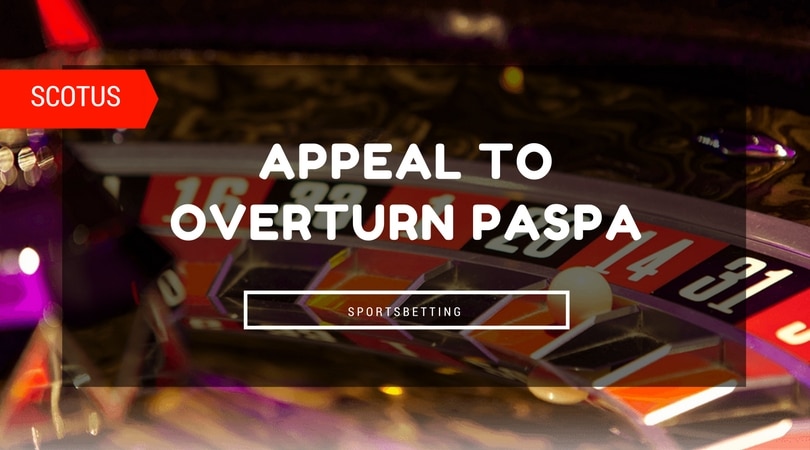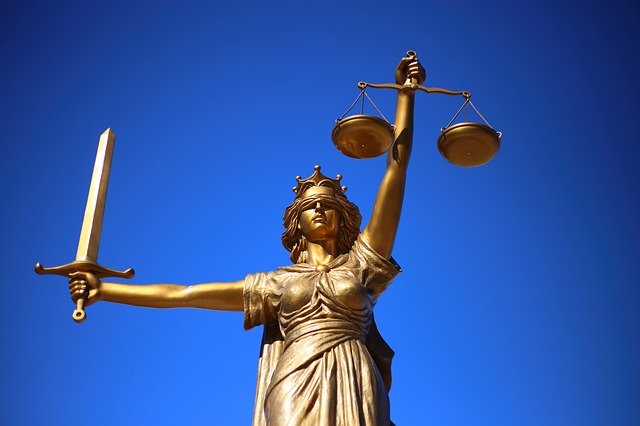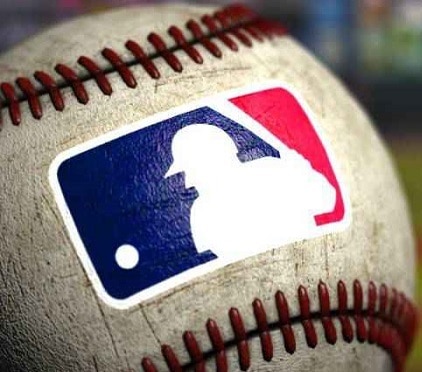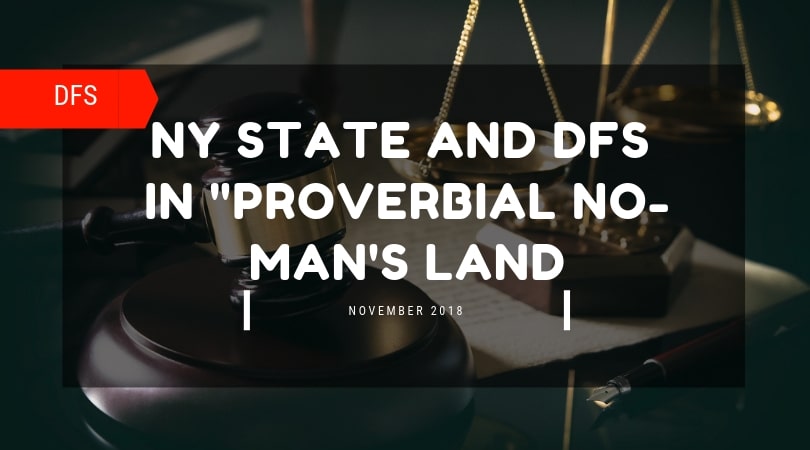SCOTUS Hears Appeal to Overturn PASPA

Earlier last year, in December, The US Supreme Court finally set a date to deliberate on the sports betting controversy sweeping the country. The state of New Jersey brought on a challenge to the court, questioning the legality of the Professional and Amateur Sports Protection Act of 1992 (PASPA). They claim that the law is unconstitutional; as it provides some states with an advantage that the others cannot access.
The formal question being presented is, “Does a federal statute that prohibits modification or repeal of state- law prohibitions on private conduct impermissibly commandeer the regulatory power of states in contravention of New York v. United States, 505 US 144 (1992).”
In simple terms that means the court has to decide whether the federal government should be able to force certain states to adhere to a law that it does not require from others.
The Professional and Amateur Sports Protection Act (PASPA)
The Professional and Amateur Sports Protection Act, which is also knowns as the Bradley Act has been in effect since 1992. PASPA aims to stop the spread of sports betting in the USA. Under the federal law, only four states could continue with their practices of sports betting. This was because it had already been written into their laws at the time PASPA was issued. The states that are allowed to offer sports betting include Nevada, Oregon, Delaware and Montana. Any new states wanting to legalising sports betting would face certain restrictions. The law still prevents most forms of sports betting around the country.
PASPA makes it unlawful for “a government entity to sponsor, operate, advertise, promote, license, or authorise by law or compact, [one or more competitive games in which amateur or professional athletes participate, or are intended to participate, or on one or more performances of such athletes in such games.]”
Secondly, under PASPA, it is unlawful for a person to sponsor, operate, advertise, promote, pursuant to the law or compact of a government entity, a lottery, sweepstakes, or other betting, gambling, or wagering scheme based, directly or indirectly (through the use of geographical references or otherwise), on one or more competitive games in which amateur or professional athletes participate, or are intended to participate, or on one or more performances of such athletes in such games.”
Why is it Being Calling Unconstitutional?
When the act was originally signed into law, by the President at the time – George W. Bush Senior, the bill gave immunity to the states of Nevada, Oregon, Montana, and Delaware. Other states, where gambling had been legal for a decade or more, were given a year to apply for a sports betting permit. New Jersey was the only state, at the time, which qualified under those terms. However, they failed to apply for the permits in time and therefore were not subsequently allowed to offer sports betting within their borders.
The Tenth Amendment says that the US government cannot force a state or local government to act against their will on powers not explicitly reserved to Congress under the Constitution. New Jersey lawmakers, alongside the Governor of the state, Chris Christie, have argued that is precisely what PASPA achieves.
The New Jersey government held a referendum in 2011, when the voters from the state approved a ballot saying that they would like to be able to establish sportsbooks at their local horse racetracks and the Atlantic City casinos.
The National Collegiate Athletic Association (NCAA) together with the Big Four professional sports leagues, which includes the National Football League (NFL), Major League Baseball (MLB), National Basketball Association (NBA) and the National Hockey League (NHL) went on to block this authorisation.
New Jersey has tried to get sports betting authorised a number of times. However, until now, lower courts have routinely sentenced against them sided with the plaintiffs. Every time, the courts claimed that the federal law overrode a referendum ballot.
Supreme Court is in Session
The Supreme Court of the United States (SCOTUS) began hearing oral arguments on the topic on the morning of Monday, the 4th of December 2017 at 10 a. m. Attorney Ted Olson was representing New Jersey in the case, while lawyer Paul Clement was defending the NCAA and the Big Four.
The justices present also agreed to take commentary from US Solicitor General, Noel Francisco. He was the one who had advised the court to not take New Jersey’s sports betting appeal in the first place. The SCOTUS has also received briefs from lobbying groups on both sides of the issue. One of these groups was the American Gaming Association that is in support of repealing PASPA. Another of these groups was Stop Predatory Gambling, which is an organisation that works to promote the idea that ending PASPA would be problematic for at- risk gamblers.
Verdict to be Delivered in 2018
The Supreme Court will not be ready to declare their verdict until later in 2018. The ruling is expected to be delivered between the months of April and June of this year.
A great number of states are with New Jersey on this matter. This means that if the SCOTUS chooses to rule in favour of the state, the consequences could be rather significant. According to the research, which was compiled by Gambling Compliance, if PASPA is repealed, as many as 20 states would have legalised sports betting by the year 2025. This would greatly impact gross annual wagering revenue in the country. It would bring in an income upwards of USD $5.5 billion per year.
While New Jersey may have a lot of support behind them in this case, the Supreme Court rarely uses the Tenth Amendment to overturn federal laws. It turns out that in their 228 year old history, they have only done so four times.
This should, however, not be disheartening for New Jersey or their proponents. The Garden State has already come a long way, overcoming impossibly long odds. The Supreme Court receives about 8,000 case petitions each year and accepts fewer than 100. By having their case heard, they are already ahead of most others in such a situation.










